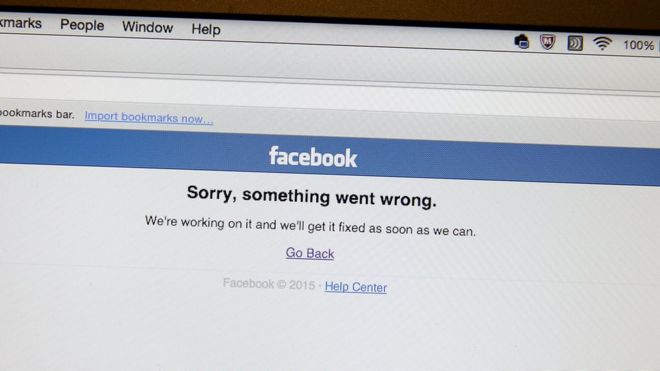Ethiopia blocks Facebook and other social media for exams
 GETTY IMAGES
GETTY IMAGES
Ethiopia has blocked social media sites across the country after university entrance exams were posted online.
The government said the ban was to prevent students being distracted from studying during the exam period and to prevent the spread of false rumours.
The blocked sites include Facebook, Twitter, Instagram and Viber.
They will be unavailable for several days while university entrance exams are taken, a spokesman for the Ministry of Education said.
"It's a temporary measure until Wednesday. Social media have proven to be a distraction for students," said spokesman Getachew Reda.
Ethiopia was among the first African countries to censor the internet and opposition blogs and human rights websites are frequently blocked.
Social media sites have gone down in Ethiopia before but only for a matter of hours, with the government previously denying any involvement. This is the first time social media sites have been publicly blocked nationwide.
An Ethiopian journalist who has covered the story, who did not want to be named for safety reasons, told the BBC that the clampdown "was just the beginning".
"The government here is very keen to control social media," he said. "They will learn from this, next time there is a protest they will use the experience to do another nationwide clampdown."
Daniel Berhane, the editor of Horn Affairs magazine, said on Twitter: "This is a dangerous precedent. There is no transparency about who took the decision and for how long."
In May, university entrance exams were cancelled after pictures of the test circulated on social media. A group supporting protests for greater rights for Ethiopia's Oromo people claimed responsibility for the leak.
Traditional media in Ethiopia are tightly controlled by the government, leaving many reliant on social media to access and pass on information critical of the authorities.
In 2012, Skype was taken down in Ethiopia amid a clampdown on VoIP (voice over internet protocol) calls. The government claimed that the service was being used for fraudulent purposes.
Last week, the UN Human Rights Council passed a resolution classifying the censorship of the internet as a human rights violation.
No comments:
Post a Comment